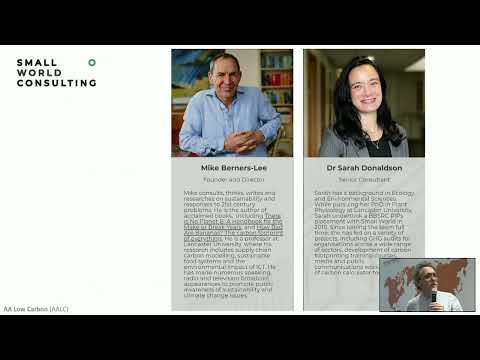
Climate Matters Week will give students and staff the opportunity to explore and present their opinions, concerns, and their architectural ideas for the impending climatic and ecological changes that the world will face over our lifetime. The ambition is to bring heightened awareness of the work of our community to each other, to provide knowledge of the interrelated cultural and social impacts of climate change across the range of spatial and temporal scales. We want to inform and to inspire, so that students have the knowledge and confidence to imagine architectures that tread more lightly on the earth and are adaptive to the future of a changed world.
Imagination of future architectures requires an understanding of the current and impending changes to climate as well as the severity of risks that can cascade through all the natural and societal systems. Where and how we live in the world today now was once imaginary – all our buildings, including the ones we inhabit in Bedford Square, public spaces and infrastructures of the world, the various structures of societies, computation and the internet, Artificial Intelligence, all the way down to the smallest physical artefacts of daily life, once existed only in imagination. They evolved into the material world that regarded the natural world as a source for extraction and exploitation, they developed and proliferated until they became part of the fabric of everyday life. What has rarely been studied and imagined until recently was how all human activities have impacted on the climate and ecological systems of the earth. Imagination of the future is the crucial activity of architects, as we live with the consequences of our activities and now face an existential crisis.
The week has three themes:
ORIGINS AND DESTINATIONS
The impact of humans on the natural environment, the origins of the Anthropocene, and how mainstream culture and economics has led to the climate emergency. Identification of the social inequities of climate changes and why we should tread more lightly on the earth.
CULTURE AND ENGAGEMENT
The research and social/political interventions that are current, where to find out the detail of existing and predicted impacts on terrestrial and ocean/coastal ecosystems, on cities and settlements, and on different regions across the world.
FUTURES
Exploration of the architect’s role in mitigation to reduce our impact on the planet, and the imagination of future architectures that are adapted to a changed world.